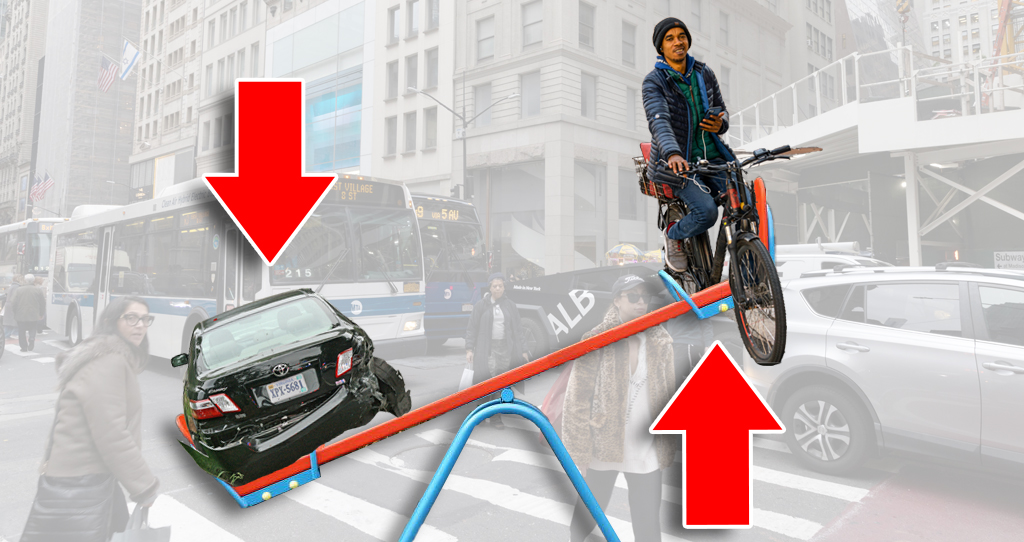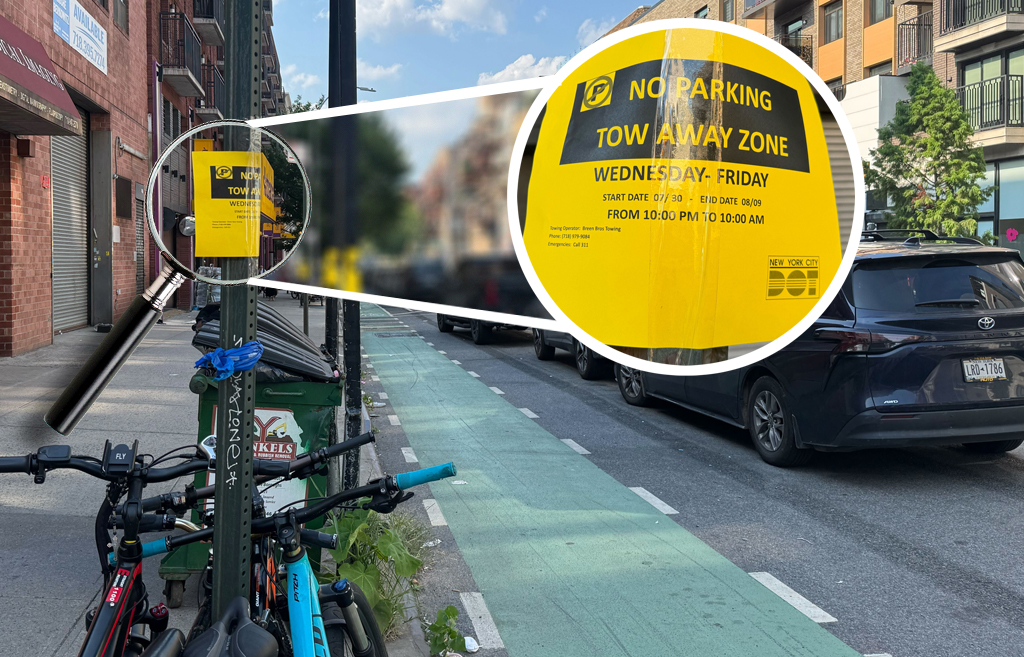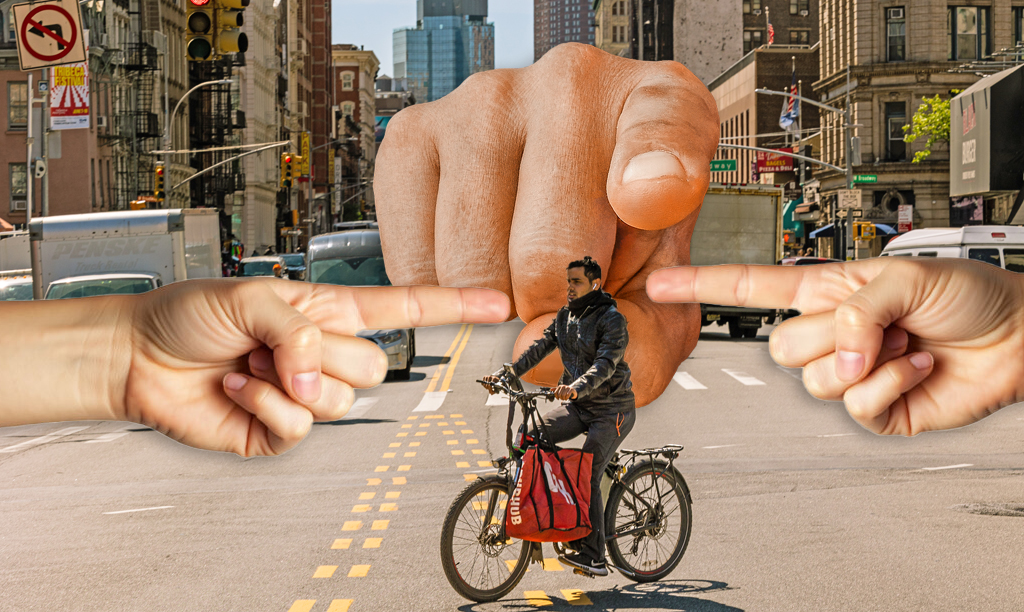In February, a pickup truck driver in suburban Eugene, Oregon, ran through a red light at 40 miles an hour, killing three children -- 4-year-old Tyler Hudson, 5-year-old McKenzie Hudson, and 8-year-old John Day -- and critically injuring their mother. The family was walking with the right-of-way in a crosswalk, returning from getting ice cream.

The response to this horrible loss of life? Law enforcement and the state's largest paper, The Oregonian, have chalked it up as a "tragic accident."
The Lane County district attorney recently announced there won't be any criminal charges for the driver, Larry LaThorpe, 68, formerly a commercial truck driver. LaThorpe's defense is simple enough: He thought the light was green. And that, it seems, is all you have to say to avoid prosecution for killing three children with your motor vehicle.
LaThorpe got a ticket for running the red and has since had his license stripped for undisclosed and apparently unrelated medical reasons. That's it.
The Oregonian editorial board was inclined to weigh in last week, defending the prosecutor's decision in a piece headlined "Sometimes an accident is just a tragic accident." LaThorpe, they point out, wasn't drunk, or on his phone, or breaking any other law, besides, you know, running a red light at 40 mph.
"It was just a moment or two of inattention," they opine, so nothing can be done:
Ultimately, you can't prosecute away risk or engineer safety in a way that overcomes the inevitable boneheaded mistakes that people make, even when their full attention should be on the deadly weapon they are piloting down the street.
If that's you're response when a driver breaks the law and kills three children, then it becomes a self-fulfilling prophecy. You'll never get streets engineered and enforced to prevent driver distraction if you think fatal mistakes are inevitable.
Not everyone is so complacent.
In Sweden, "We simply do not accept any deaths or injuries on our roads," Hans Berg of the national transport agency recently explained to the Economist. In 1997, the country has set out to eliminate traffic deaths, and it has made significant progress. In 2012, only one Swedish child under 12 was killed in a traffic collision of any kind.
That means the number of children killed in this single Eugene traffic collision was three times higher than all the children 12 and under killed on Swedish streets in an entire year. That disparity is a failure of political will, not a law of nature.





